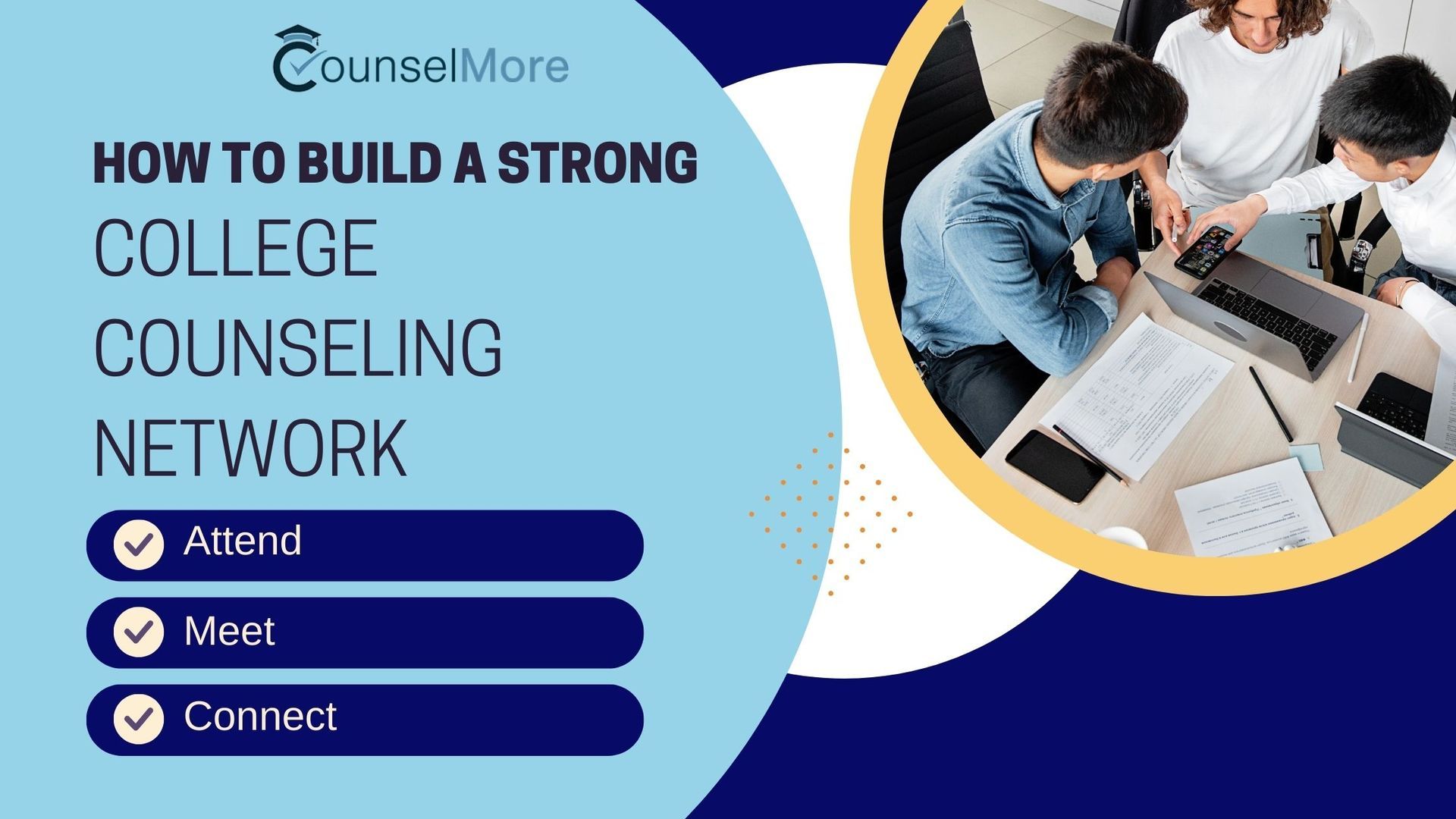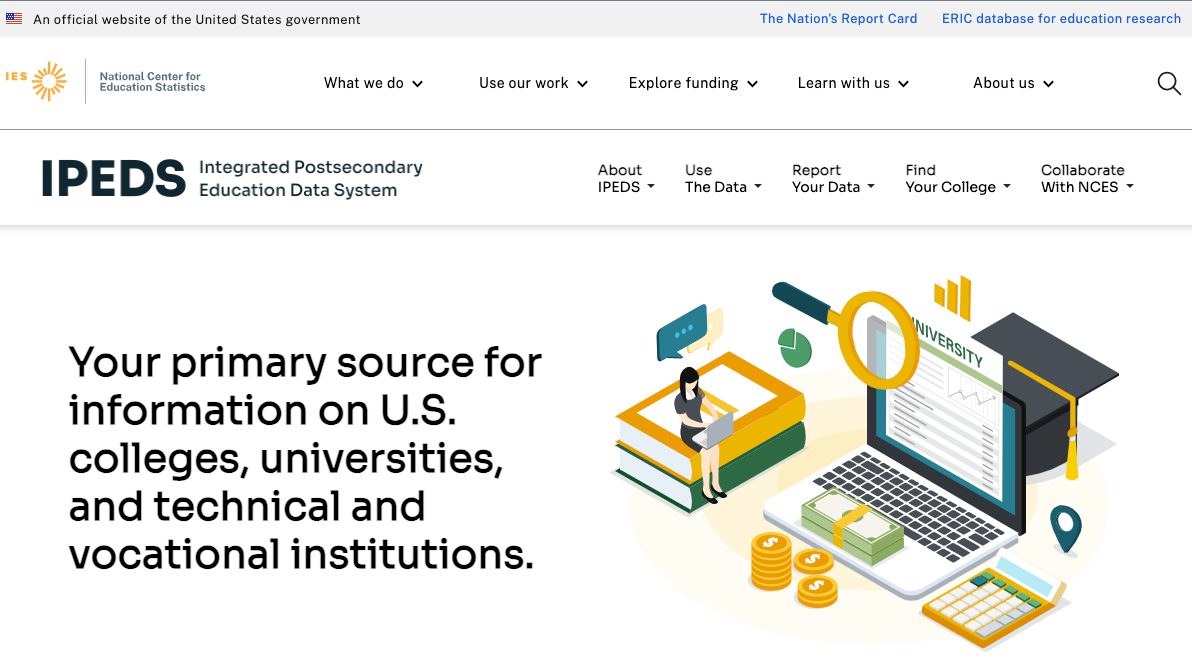Greater clarity on what College Admissions is truly looking for:

In the world of college admissions, the need for greater clarity and transparency of admissions qualifications is essential. Parents and students alike feel overwhelmed and confused by the college readiness process, and often feel as though they aren't getting the help and guidance they need. As an educational planner with a passion for higher education, I believe it's time for us to take a closer look at how we approach college admissions. Let's start with the information they do provide and build tools that help us maximize our student's opportunities.
One of the biggest problems with the current system is the lack of transparency in the admissions selection process. Colleges often use vague language and ambiguous criteria, leaving students and parents unsure of what they need to do to gain admission. To compound the problem, many schools spend a significant amount of money on flashy marketing campaigns that ultimately do little to help students understand what they're looking for in a college.
It's time for us to demystify the process and provide students with real, actionable college admissions information. At CounselMore, we've developed a real-time school information database that allows students to answer a few questions and know where they're qualified to apply. This information is based on admissions criteria provided by each school to the US government, and includes a range of character traits in addition to GPA and test scores.
College applications are broken up into areas of character qualities. Each college application is evaluated based on each of those qualifiers. Each of those qualifiers has a weighted scored. Examples of qualifiers are; volunteering, having a job, strong writing skills and so on. In the CounselMore software, we ask the student 6 simple questions that are directly related to the primary admissions weighted qualifiers. After answering the questions, the software compares the students answers to how each character quality is weighted for each school the student is interested in. From there the student has concrete direction on which character qualities they need to improve for which schools. This type of pre-admissions qualifier is also true of academic preparation. Admissions has "recommended coursework" that is also compared and charted for disparities.
By providing students with this information, we're giving them the tools they need to make informed decisions about where to apply. A student shouldn't pour time, energy and stress into college applications that don't have an icicle's chance in hell of being admitted because they aren't qualified to apply to begin with!
New York University received a record breaking number of applicants, for less than 2000 available spaces. How many of those students wouldn't have applied if they had known that the character quality of volunteering was heavily weighted and they had no volunteer experience...or how many would not have paid the application fee if they had known that 4 years of math and at least 3 of language were mandatory?! Lucky for those who use CounselMore because they know these critical admissions qualifiers in advance of application choice.
CounselMore is also empowering students to take control of the admissions process, rather than leaving them at the mercy of schools and marketing campaigns. So many students ask "What is admissions looking for?..." and they don't receive an actionable answer. The ambiguity is astonishing. Just tell us what you want in your university admissions candidates and we will oblige. Or is it that 120,000 applications are helpful to the universities for other reasons?
Recently, I was a member-attendee of the National Association for College Admissions Counselors, Character Collaborative Committee. Our mission is to ask how admissions can better evaluate character beyond test scores, GPA and zip code. Many of my excellent colleagues presented on technology tools that asked personality, integrity, and moral questions of the student and then presented the results to varying degrees of actionability. Sadly none of these presentations demonstrated tools that would help the student prepare for college or better know their opportunities, nor did any of the products provide admissions officers with greater clarity. But the food was good!
The whole time I was in attendance, I was enthusiastic about my colleagues growing keen to the idea of better ways to evaluate a student's potential other than grades. New York University presented and offered thoughtful reflections on how the university admissions website should be consistent with information and more transparent about what and who they are looking for. "Who we are looking for..." is code for visually demonstrating a hospitable environment for non-typical college attendees. Good job NYU for noticing. How many college websites have you been to where one page reads the opposite of the last page...? Admissions' goal is to raise diversity numbers (without affirmative action guidelines) and they are looking for new ways to find their poster-children.
Commonapp is trying to help admissions find those candidates too. Commonapp piloted a responsibilities questionnaire this past application season. The questions prompted the candidate to think more deeply about all of the things that make up their daily activities, to hint at responsibilities the applicant may not have recognized as application-worthy info. Well done Commonapp for thinking outside the box!!
With so many admissions representatives in one room, I had to ask...why don't you post the character weighting on the website and allow the candidate to self-select? Other than collecting application fees, why would you want 50,000+ extra applicants? In response to my question I received shoulder shrugs and some honest deflection. These are my beloved colleagues, we share the scars only a campus-life can deliver, so I empathize with their need to balance campus priorities. However, one answer did ring true, "one of those applicants might be the one who missed 4 years of math but taught himself multi-variable calc in his garage - we want that kid! And he might not apply if our parameters are interpreted too narrowly." Thank you University of Connecticut for your astute acknowledgement.
I suppose I understand why the weighted character qualities aren't posted on the website but why no knowledge of them at all? Of course, providing students with information is only part of the equation. As educators, it's our responsibility to help students make sense of this information and make the best decisions for themselves. This means taking a more holistic approach to college readiness, one that takes into account a student's academic strengths and weaknesses, as well as their character qualities, interests, and goals. Or lack there of.
Ultimately, the cure for college admissions is greater clarity and transparency of the whole process. There's this one piece of information that sheds light on what qualifies a candidate to apply to a college and I think you should tell everyone! Run to CounselMore and enter in your students information, evaluate their potential with the candidate shaping tools and provide your students with actionable direction on questions like; "How many hours of volunteering is enough?" Now, you'll be able to answer that question concretely based on the specific students current qualities status compared to their college goals.
We need to provide students with the information they need to better prepare for their goals, long before the applications open. After all it isn't what the applicant writes on the application that matters - it is everything they did long before the application that matters most.
Written by:
Margaret Rothe, Campus Life & Student Affairs Professional, MA Higher Education, Student Affairs, owner of HigherGrounding, a college consulting agency


















